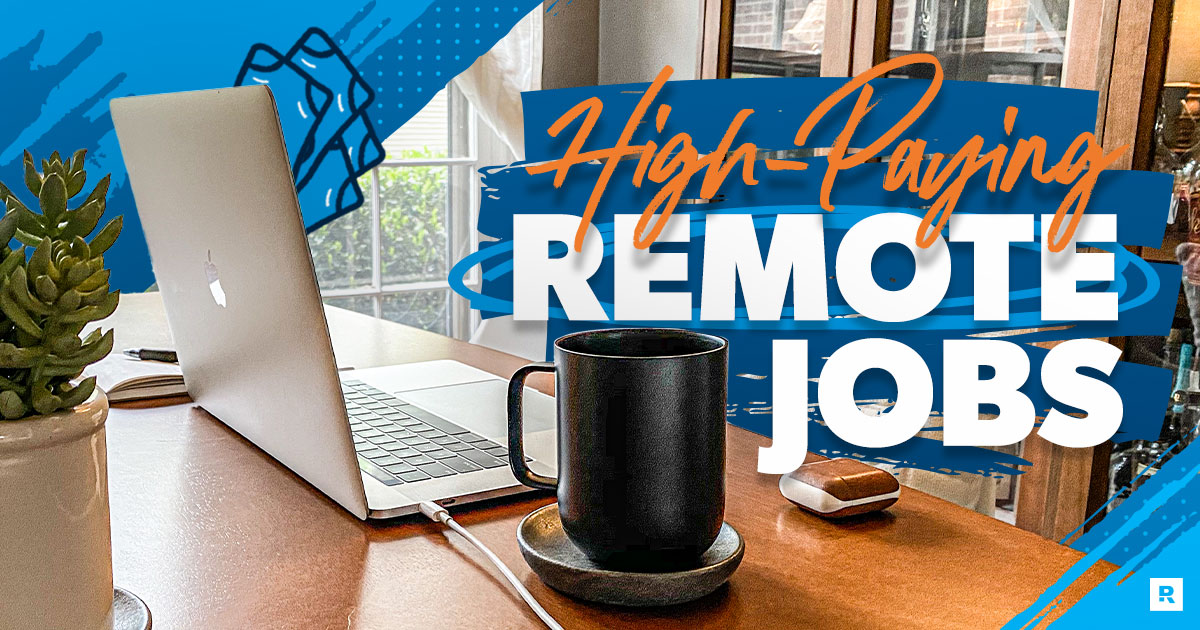As voters across multiple states prepare to head to the polls, they are faced with significant decisions that could have far-reaching implications for labor and employment issues in the United States. Several ballot measures addressing gig workers, tipped employees, and minimum wage laws are on the table, sparking intense debates and drawing national attention.
In Massachusetts, voters will have the opportunity to address Question 3, a groundbreaking proposal that could establish a pathway for app-based drivers, such as those working for companies like Uber and Lyft, to join a union. If passed, Massachusetts would become the first state to create a formal process for organizing gig workers. The measure outlines that a state board would have the authority to certify a union if 25% or more of active drivers sign union authorization cards. This move could provide gig workers with a level of labor protection rarely seen in the industry, as the board would also investigate complaints alleging illegal labor practices by these companies.
A coalition of labor groups, including the Service Employees International Union (SEIU) and the International Association of Machinists and Aerospace Workers, has thrown their support behind Question 3, raising approximately $6.3 million in favor of the proposal. With no formal opposition campaign against the measure, all eyes are on Massachusetts as it potentially reshapes the labor rights landscape within the gig economy.
In addition to the gig worker unionization rights in Massachusetts, voters in Arizona and Massachusetts will also decide on proposals related to tipped workers’ wages. In Arizona, a measure is on the ballot that could allow tipped workers to be paid at a reduced minimum wage, while in Massachusetts, voters will consider gradually increasing the tipped minimum wage until it aligns with the state’s standard minimum wage by 2029. These proposals have sparked intense debates, with supporters and opponents voicing their concerns about the potential impact on tipped employees’ earnings and the overall restaurant industry.
Furthermore, minimum wage and paid sick leave initiatives are also on the ballot in Alaska, Missouri, and California. California, in particular, is proposing to raise its state minimum wage to $18 per hour by 2026, which would be the highest state-level minimum wage in the U.S. These initiatives come in response to calls from Democrats and labor advocates to address stagnant wages, as the federal minimum wage has remained at $7.25 since 2009.
The outcome of these ballot initiatives could set influential precedents for other states to follow and may have broader implications for labor standards across various sectors. With both President Biden and former President Trump engaging with service workers and expressing support for initiatives that benefit them, the importance of labor issues in the national political landscape is evident. As election day approaches, the decisions made by voters on these labor and employment issues are likely to impact millions of workers and could potentially reshape labor standards nationwide.



















